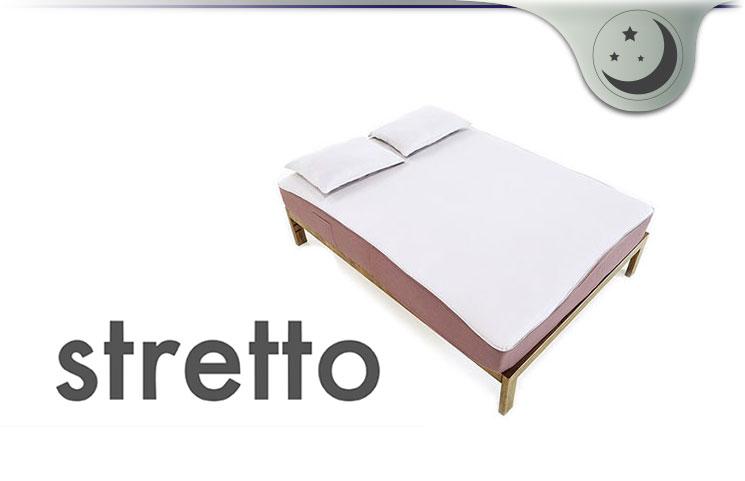The Stretto bedsheet is a wrinkle-free bed sheet that is claimed to stay in place – no matter what. The product is currently listed on Kickstarter and as yet to gain the needed capital in order for the product to be made a reality.
What Are The Features Of Stretto?
Unlike other bedsheets that require being folded or otherwise maintained on a semi-regular basis, the Stretto can easily be used without the hassles of ironing out creases. The bedsheet works via a zip, thus making it unneeded to fix the bed every time someone sleeps in it.
The Stretto has a composition that is 65% cotton and 30% a modal blend of other materials. The result of these types of materials coming together means that the bedsheet is breathable and softer than traditonal bedsheets.
How To Take Care Of The Stretto Bedsheet
They say you spend a third of your life sleeping, meaning that you devote a third of your life in bed.
If you're spending that much time in 1 location, it is vital to make sure that it's clean. There are all sorts of things lurking on your sheets which you might not be aware of, and they can pose a threat to your health if cleanliness is not maintained.
What's On Your Sheets?
If you were able to place your sheets under a microscope, then you might be amazed – and a bit freaked out – from what you would see. These little bacteria live, die and replicate in the exact same bed sheets that you sleep in. The only way to maintain these monsters under control is to clean your bed sheets on a regular basis. Otherwise, you may develop an allergy, or even a diminished immune system.
Here Is What You Also May Be Sleeping In:
Dead skin cells – Your entire body sheds around a million skin cells a day, so some of these are bound to come away when you sleep.
Oils – Your body secretes natural oils since you sleep, which, needless to say, end up in your bed sheets.
Sweat – If you get too hot during the night, your body will sweat to cool off.
Bodily fluids – Saliva, urine, blood, fecal matter and physiological fluids from intercourse are all liable to appear in your own bed sheets.
Food crumbs – If you want to attract that midnight snack to bed, there is likely crumbs and other food particles that are begging to be eaten by bugs.
How Frequently Should You Wash Your Bed Sheets?
If you're washing your sheets just once a month, then that's not going to reduce it. Your sheets will need to be cleaned every other week, but a week is ideal.
It's also very important to clean your pillow at least twice per year. Pillows can harbor mold, bacteria and yeast, which can cause diarrhea, asthma or bronchitis. If you have never washed your pillow, then you may want to consider throwing it away and getting a new one.
If you're taking care of someone who's sick, you should try to wash the sheets every day so that individual is not recuperating in a germ-filled bed. If you are not able to wash them every day, then simply changing the pillowcase daily ought to suffice.
How To Wash Your Bed Stretto Sheets
The key to keeping bedding clean would be to understand how to wash it. It's very important to follow the manufacturer's care instructions, but if you aren't familiar with them, then follow these suggestions to clean everything from sheets to comforters:
Wash them in hot soapy water and let them dry completely from the drier.
Do not wash them with clothes as it might damage the sheets or cause them to become fuzzy.
When the sheets have a stain, tend to it prior to washing.
For a pure way to brighten white sheets, then add a quarter of a cup of lemon juice to the wash and then bathe with warm water. High heat may cause the fibers to weaken, which may result in rips and tears.
Ball up your sheets when you put them in the washer. This may prevent them from extending out and losing shape.
In addition to the above list, you should also be replacing your linen at least once per year.









